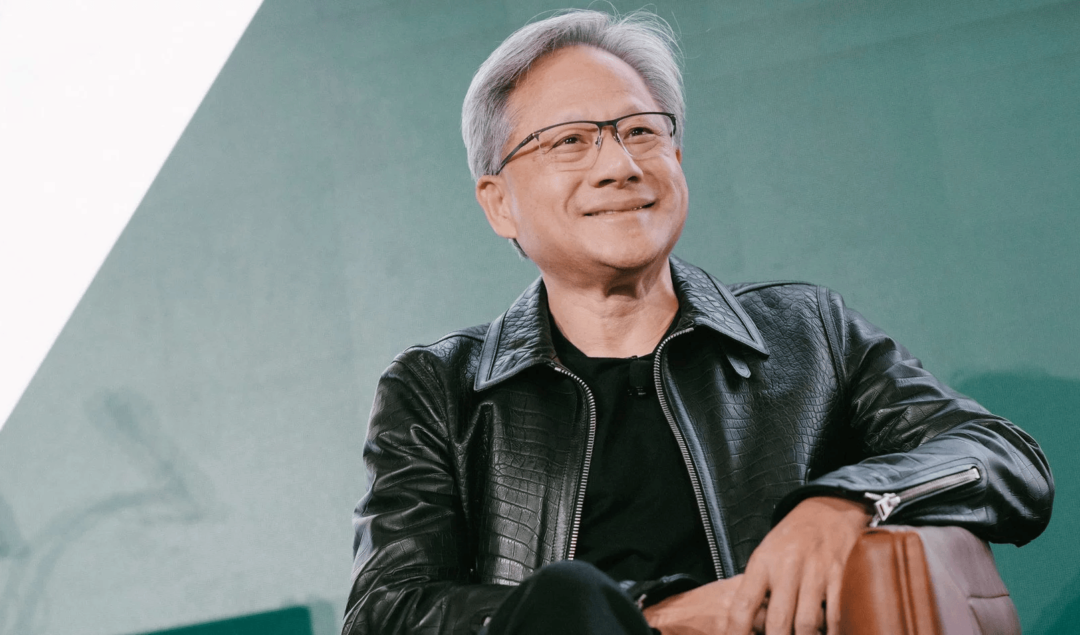Nvidia’s CEO Will Cover Visa Fees, Telling Staff ‘Legal Immigration Remains Essential’

Nvidia CEO Jensen Huang told his employees that the company will continue to sponsor H-1B visas and cover all associated costs after President Donald Trump’s new executive order imposed $100,000 fee on each new application. A H-1B visa allows employers to temporarily employ foreign workers in “specialty occupations” that require a degree or its equivalent.
“As one of many immigrants at NVIDIA, I know that the opportunities we’ve found in America have profoundly shaped our lives,” Huang said in a memo sent to staff.
Nvidia paying for the fees of foreign workers
In his memo, Huang said “legal immigration remains essential to ensuring the US continues to lead in technology and ideas,” and that the Trump administration’s “recent changes reaffirm this.” Nvidia has a market capitalization of $4.5 trillion and is one of the top sponsors of H-1B visas in the tech industry, with roughly 1,500 approvals in 2025, according to Business Insider.
“At NVIDIA, we built our company with extraordinary people from around the world, and we will continue to sponsor H-1B applicants and cover all associated fees,” Huang added.
Donald Trump’s executive order
In September, Donald Trump signed an executive order that added a $100,000 fee for applicants to the H-1B visa programme for skilled foreign workers, according to the BBC. The fee only applies to new requests. The US Commerce Secretary Howard Lutnick initially said companies would have to pay the fee each year for six years.
“The company needs to decide… is the person valuable enough to have a $100,000-a-year payment to the government, or they should head home, and they should go hire an American,” he said, adding: “All of the big companies are on board.”
But White House Press Secretary Karoline Leavitt later told social media that the $100,000 fee would be a one-time payment.
Image: Stanford



